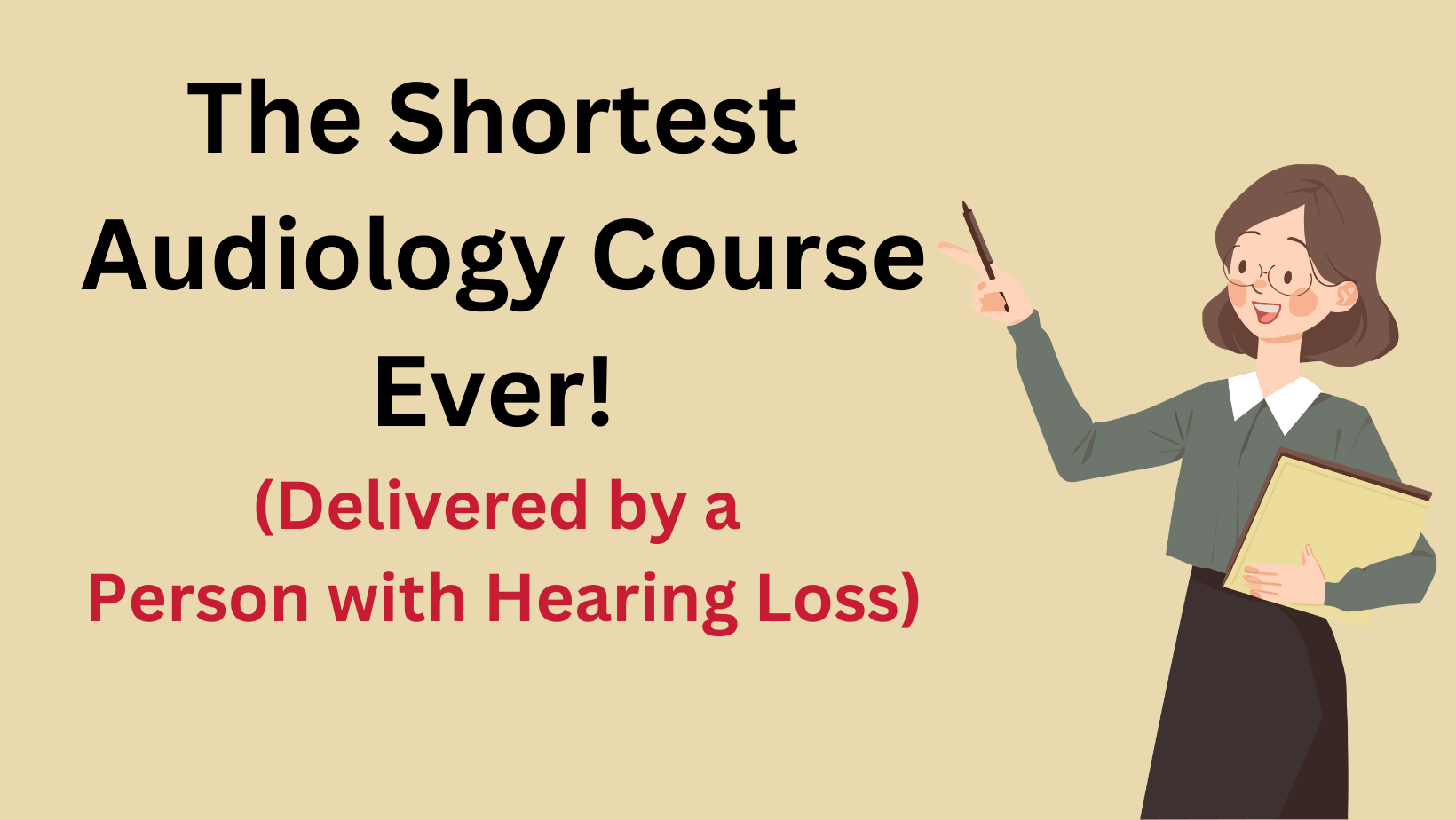I love hearing care professionals (HCP). Simply put, they help me hear better with their technology expertise, after I’ve settled into a comfortable relationship with an audiologist I trust and who communicates well.
I have just spent a few days with my coauthor Shari Eberts at the AudBoss conference, attended by HCPs in private practice. It was a fabulous event but we were surprised to find that our presentation on how to help their clients live more skillfully with hearing loss was that rarity: the client voice at a professional conference.
Professionals believe they know what people need in order to hear better. People with hearing loss (PWHL) know they want to hear better but believe they don’t always get what they need from hearing technology alone, even though they may not be able to articulate those needs.
When I give presentations to university and college students training to be hearing care professionals, I’m there as a real, live PWHL. The students are motivated, intelligent people looking forward to a satisfying career that will help people and pay the bills. They have learned their profession’s scope of practice and intend to honor it. In my various presentations, I use humor, drama and thinly veiled threats to encourage them to get under the skin of their patients. How much of it sticks in the shock of the real world with fee schedules that don’t include the necessary client counseling, and corporate pressure to sell?
Perhaps they would benefit from the World’s Shortest Audiology Course – from the perspective of the client.
- Close your computers, please and look at me while we talk. Your clients will need the same courtesy. I’ll follow up with a print or electronic version; you should do the same for your clients after every meeting.
- Paint the Big Picture for your clients. The journey to communication success is a partnership and you both have roles. Explain yours and explain your vision of theirs. Ask if they have a different vision. Come to an agreement. Write it down, spit in your hands, and shake.
- Learn all the technical stuff about audiology and technology, including all the new stuff – smartphones, CART, looping systems. Then, articulate this to your clients. Neither dumb it down nor Einstein it. Keep it real.
- Communicate better. Even if people say you already speak well.
- Face them when you speak. Always. No exceptions.
- Speak clearly, maybe a bit louder, don’t over-emphasize. What your eyes say is as important as what your lips say.
- Ask questions. Listen to your clients. Encourage their stories. It’s easy to believe that you’re the expert on what your client should want. But how can you be, completely? You’re not them. Be a scientist and never lose your curiosity. Explore alternatives. Be patient.
- Walk in your clients’ shoes. Learn what they must—other communication strategies that complement technology. Address the reality of their emotions of hearing loss. Become artificially hard of hearing for a day or two to understand the challenges in understanding speech, hearing your baby cry or coping in noise and groups. Use closed captioning for a month. Take a speechreading course.
- Loop your office. The whole thing. The front reception desk and the client interview/fitting rooms—but not the sound booth. Then—use a transmitter to connect with your client.
- Of course, to do that, you will need to put telecoils in your clients’ hearing aids. Explain why they need them and how the system works. Bluetooth is wonderful, connecting clients to their phones, TV and other devices. Telecoils and looping connect them to YOU.
- Compliment your clients on their achievements, however small, and encourage them through the setbacks. Smile and make them want to smile back.
You may ask, in fairness, “If you want us to walk a mile in your shoes, how about lacing up our runners for an hour or so?” I would, except that science is my weak link; my explanation for how hearing aids work: you put a battery in it.
But you have chosen to be hearing healthcare professionals and I did not choose to have hearing loss. However, I have chosen you to help me.
Those of you who have been listening and looking me in the eye,—congratulations, you’ve passed the course. Good luck, we need you out there!






